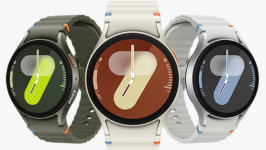NASA will run a new mission in Mauna Ulu, Hawaii, to simulate a real life mission to Mars. The mission is called the BASALT Mission (Biologic Analog Science Associated with Lava Terrains), and it has the objective of creating new protocols to collect and protect biological samples they may find on this other planet.
According to a recent report from West Hawaii today, scientists have taken to the rocky terrain of Hawaii’s volcanic landscape to practice collecting rock samples in Hawaii Volcanoes National Park. Over the course of the coming weeks, researchers will traverse the mountain Mauna Ulu to perfect their collection procedures to ensure they learn as much as possible from the manned trip to the red planet.
“Really, the whole reason of going to Mars is to see if there’s life there,” John Hamilton, an astronomer at the University of Hawaii at Hilo, told the Hawaii Tribune-Herald. “There’s a lot of great geology. But are we alone?”
The agency’s Biologic Analog Science Associated with Lava Terrains (BASALT) mission, an international team of scientists, engineers, mission operators, and astronauts who are dedicated to enabling the human-robotic exploration of Mars, is designed to test technologies for future crewed missions to Mars.
The reason behind doing this experiment in the Hawaiian volcanoes is that they are very similar to the superficial structure of Mars. They are rocks mostly of basalt, the same mineral that covers Mars' surface. It is the greatest imitation of the planet inside the Earth.
Project BASALT, which will be administered through the University of Hawaii, will put researchers at Mauna Ulu for two weeks. Geologists and biologists will work in tandem, searching for new ways to prevent the contamination of rocks that might host living bacteria, according to CS Monitor.
The current simulation of NASA's scientists has been the fourth and so far the longest. The volunteers from France, Germany and the US, including the soil scientist, an astronomer, a physicist and an astrobiologist have survived on freeze-dried foods for months. The 8-month mission will start in January.









